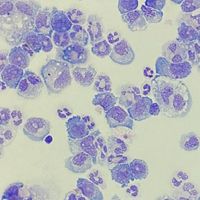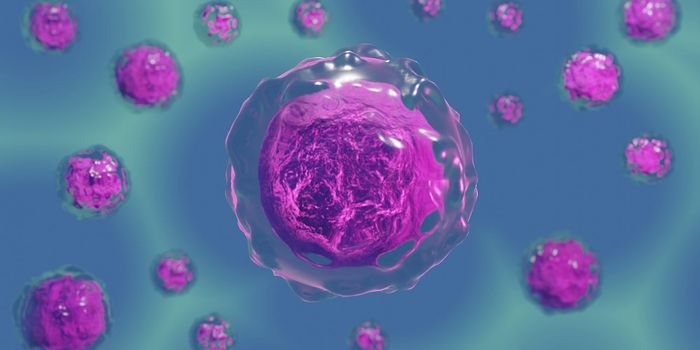New Vaccine Technology Controls Malaria
Malaria is a possibly fatal disease caused by a parasite transferred by mosquitos to humans. Common symptoms include fever, chills, and flu-like traits. According to the Centers for Disease Control (CDC), around 2,000 cases of malaria are diagnosed in the United States per year. The diagnosis is common in individuals coming back from Africa or Asia. On a global scale, about 700,000 people die from malaria, and most are children. However, death from malaria can usually be prevented with early detection and proper medical care. Researchers are trying to proactively target malaria by developing a new vaccine using genetic material.
Researchers from the Victoria University of Wellington’s Ferrier Research Institute, the Malaghan Institute of Medical Research, and the Peter Doherty Institute for Infection and Immunity have all worked together to develop a vaccine that can effectively stimulate cells in the immune system against malaria-causing parasite, Plasmodium. The vaccine, described in Nature Immunology, is designed to generate resident memory cells in the liver to combat Plasmodium. Resident memory cells are a type of immune cell that reside in tissues throughout the body to target invading pathogens that enter those tissues.
The vaccine is made with messenger ribonucleic acid (mRNA), as opposed to peptides or proteins. The difference between the two is the type of material delivered by the vaccine. Peptide-based vaccines use peptides from the virus to elicit an immune response. Alternatively, mRNA vaccines use mRNA extracted from the virus. In this study, the researchers originally used a peptide-based vaccine but recently found mRNA improves the activation of resident immune cells to kill malaria-based pathogens. The treatment result was significant between the two types of vaccines because the peptide-based vaccine had small fragments of protein and could not stimulate the immune system effectively, while the mRNA could encode for an entire malaria protein.
Researchers have added another therapy in combination with the vaccine to further kill the infection. The therapy further stimulates the immune cells in the liver. The therapy helps to localize the vaccine to the liver in order to prevent the malaria virus from developing further into the body. Once the parasite enters the body and travels through the bloodstream, it travels to the liver to mature and then spread to the blood again to kill blood cells. Once blood cells start dying, an individual will start to experience symptoms. In this mRNA vaccine, researchers are activating the resident immune cells to completely target and kill the parasite in the liver. The vaccine has been used on animal models to confirm efficacy, and following treatment, re-exposure to the malaria parasite further protected the animal once given the vaccine. Researchers are now trying to work the vaccine into clinical trials to confirm its efficacy in humans.
The discovery of a highly efficacious malaria vaccine is critical to improve the lives of patients and survival rate. The research demonstrates how mRNA malaria vaccines can effectively stimulate the immune system in the pathogen-infected tissue but also systemically throughout the body. Overall, this vaccine could improve the quality of life and prevent individuals from suffering from this disease.
Study, Ferrier Research Institute, Malaghan Institute of Medical Research, Peter Doherty Institute for Infection and Immunity, Nature Immunology








